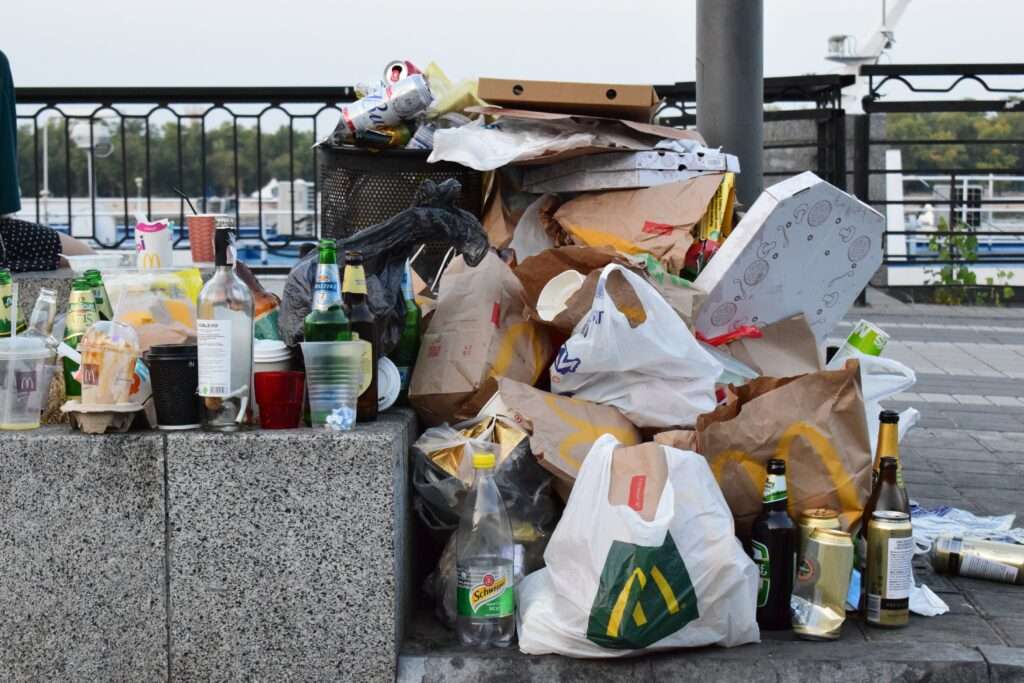By Olivia Rosane
Plastics harm human health at all stages of the life cycle, a first-of-its-kind study has found.
The Minderoo-Monaco Commission on Plastics and Human Health, published in the Annals of Global Health March 21, revealed the extent to which plastics harm those that interact with them, from the unique lung diseases suffered by coal miners to the recycling plant workers who are at greater risk for heart disease, toxic metal poisoning, neuropathy and lung cancer.
“These findings put us on an unequivocal path to demand the banning or severely restricting of unnecessary, avoidable, and problematic plastic items, many of which contain hazardous chemicals with links to horrific harm to people and the planet,” study co-author and Minderroo Foundation Head of Plastics and Human Health Professor Sarah Dunlop said in a press release.
“This is the first analysis to look at hazards to human health caused by plastics across their entire life cycle — cradle to grave — beginning with extraction of the coal, oil and gas from which nearly all plastics are made, through production and use, and on to the point where plastic wastes are thrown into landfills, dumped into the ocean or shipped overseas,” lead author and director of the Program on Global Public Health and the Common Good and the Boston College Observatory on Planetary Health Dr. Philip Landrigan said in a press release.
Plastics pose a health risk to workers involved in every stage of their production and disposal, from extracting the fossil fuels from which plastics are made to producing plastics or plastic textiles to recycling them once discarded. For example, people who make plastic textiles are more likely to die from bladder cancer, lung cancer, mesothelioma and interstitial lung disease.
Plastics are also a danger to so-called “fenceline” communities who live near plastic production or disposal sites, such as the residents of Louisiana’s Cancer Alley, as well as consumers through the toxic chemicals mixed in with plastics as additives. Plastic additives have been linked to endocrine disruption, premature births, neurodevelopmental disorders, male reproductive birth defects, infertility, obesity, heart disease, kidney disease and cancers, and children and infants are particularly vulnerable to these effects. The study authors estimated that just three common plastic chemicals — PBDE, BPA and DEHP — led to disease and disability costs higher than $920 billion in the U.S. in 2015 alone.
For More Visit https://www.ecowatch.com/plastics-health-risks.html



